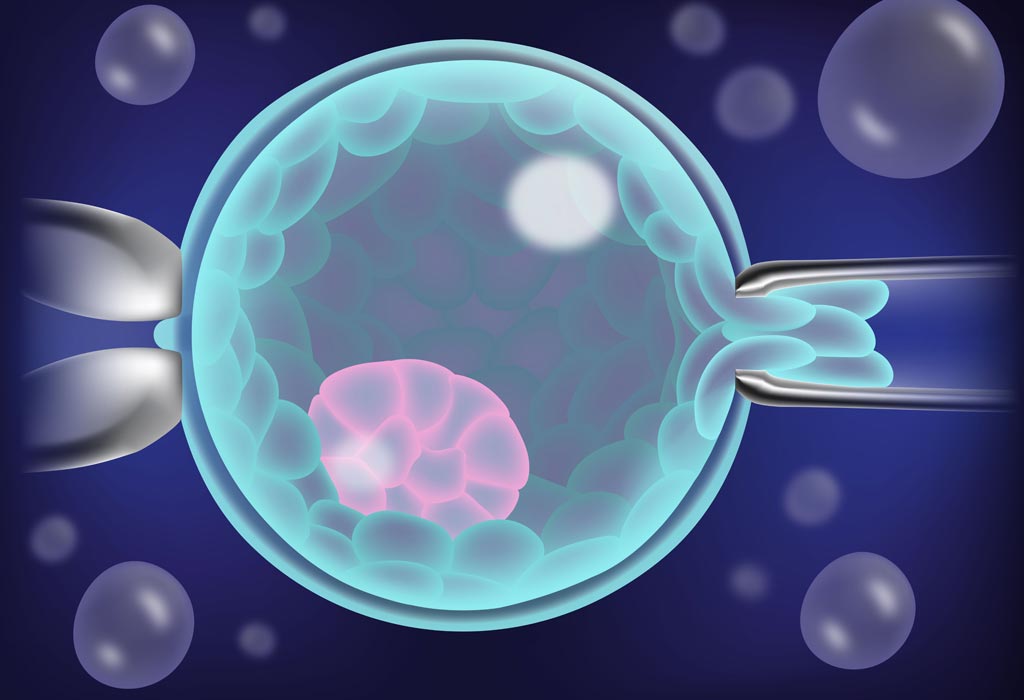
At PRAVI IVF & Fertility Centre, we are committed to providing world-class fertility solutions, including Preimplantation Genetic Screening (PGS) and Preimplantation Genetic Diagnosis (PGD). These advanced genetic testing techniques are designed to enhance the chances of a healthy pregnancy while reducing the risk of genetic abnormalities. With a patient-first approach and cutting-edge technology, we are here to help you build a healthy and happy family.
-
PGS (Preimplantation Genetic Screening):
This procedure evaluates embryos for chromosomal abnormalities, ensuring they have the correct number of chromosomes (euploidy). PGS improves the chances of successful implantation and reduces the risk of miscarriage. -
PGD (Preimplantation Genetic Diagnosis):
PGD is used to identify specific genetic disorders or inherited conditions in embryos. This is particularly beneficial for couples with a known family history of genetic diseases or those carrying specific genetic mutations.
Why Choose PGS/PGD?
PGS and PGD are highly recommended for:
- Couples experiencing repeated IVF failures or miscarriages.
- Women of advanced maternal age (typically over 35).
- Couples with a family history of genetic disorders, such as cystic fibrosis, thalassemia, or Huntington’s disease.
- Individuals who are carriers of chromosomal translocations.
- Couples seeking to prevent sex-linked genetic conditions.
- Parents looking to enhance their chances of a healthy and successful pregnancy.

